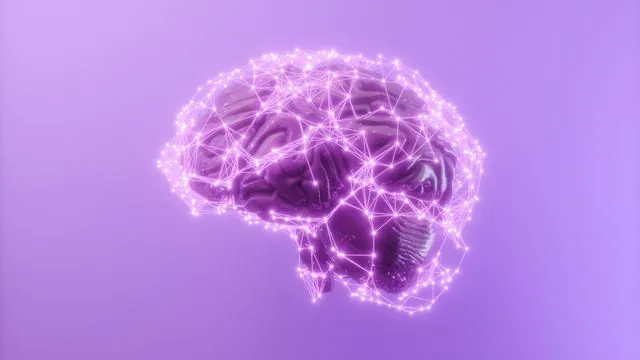
Why Stress, Not Pleasure, Fuels Alcohol Relapse: Groundbreaking Study Reveals the Truth
2025-09-15
Author: Wei Ling
The Hidden Force Behind Alcohol Addiction
What drives individuals to indulge in alcohol consumption despite its known risks to health and relationships? A new groundbreaking study from Scripps Research unveils a fascinating insight: a specific brain region is crucial in how animals learn to drink as a means to escape the stress of withdrawal.
Discovering the Brain's Role in Relapse
Published in *Biological Psychiatry: Global Open Science*, the study highlights the paraventricular nucleus of the thalamus (PVT) in rats. Researchers discovered that this brain area activates significantly when rats connect environmental cues with alleviating withdrawal symptoms through alcohol. This revelation shines a light on a major aspect of addiction: drinking not for enjoyment, but as a relief from pain.
Professor Friedbert Weiss, a leading neuroscientist at Scripps Research and the study's senior author, emphasizes: "Addiction's complexity lies in the fact that individuals aren’t just chasing a high; they are also trying to escape the intense stress and anxiety that come with withdrawal."
A Cycle of Withdrawal and Craving
More than 14.5 million Americans grapple with alcohol use disorder, characterized by cycles of withdrawal and unresolved cravings. In earlier studies, Weiss and co-senior author Hermina Nedelescu tracked how rats learned to connect relief from withdrawal with alcohol consumption. Initially, rats linked alcohol with pleasure, but as they underwent withdrawal cycles, those connections shifted dramatically.
They learned that alcohol could wash away the distress of withdrawal—what scientists term 'negative reinforcement'. This finding reveals that the desire for alcohol can become overwhelmingly powerful, even in the face of negative consequences.
Mapping the Brain's Response to Stress
To better understand this phenomenon, researchers utilized advanced imaging to analyze brain activity across different groups of rats. Their findings indicated heightened activity in the PVT, a region closely associated with stress management, particularly among those experiencing withdrawal.
Nedelescu remarked, "The connection makes perfect sense; given that withdrawal is steeped in stress, alcohol becomes a means of liberation from that distressing state." This correlation opens new avenues for understanding how addiction is reinforced within the brain.
Broader Implications for Mental Health
The study's implications extend beyond alcohol addiction. The condition of learning based on negative reinforcement can influence a range of human behaviors linked to various mental health issues, including anxiety disorders and trauma-related responses.
Nedelescu notes, "This research offers potential strategies not only for alcohol addiction recovery but also for tackling cycles of harmful behavior across different contexts.”
Looking Ahead: Future Research Directions
Future research endeavors will delve deeper by exploring differences across genders and monitoring specific neurochemicals in the PVT when subjects encounter stress-related environments. Identifying these molecules may pave the way for innovative drug developments targeting addiction.
A New Paradigm in Addiction Understanding
This critical study challenges the traditional views on addiction, highlighting the importance of understanding how negative emotional states perpetuate substance use. Professor Weiss concludes, "We’ve long recognized that addiction isn’t merely about seeking pleasure—it’s deeply interwoven with the desire to escape suffering. This study marks a significant stride in pinpointing where that learning occurs in the brain."



 Brasil (PT)
Brasil (PT)
 Canada (EN)
Canada (EN)
 Chile (ES)
Chile (ES)
 Česko (CS)
Česko (CS)
 대한민국 (KO)
대한민국 (KO)
 España (ES)
España (ES)
 France (FR)
France (FR)
 Hong Kong (EN)
Hong Kong (EN)
 Italia (IT)
Italia (IT)
 日本 (JA)
日本 (JA)
 Magyarország (HU)
Magyarország (HU)
 Norge (NO)
Norge (NO)
 Polska (PL)
Polska (PL)
 Schweiz (DE)
Schweiz (DE)
 Singapore (EN)
Singapore (EN)
 Sverige (SV)
Sverige (SV)
 Suomi (FI)
Suomi (FI)
 Türkiye (TR)
Türkiye (TR)
 الإمارات العربية المتحدة (AR)
الإمارات العربية المتحدة (AR)